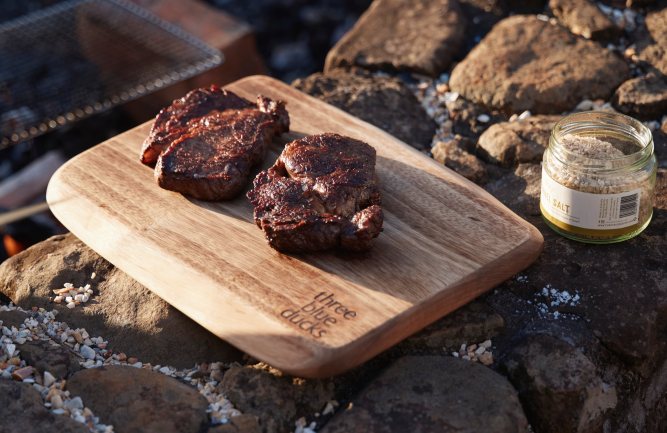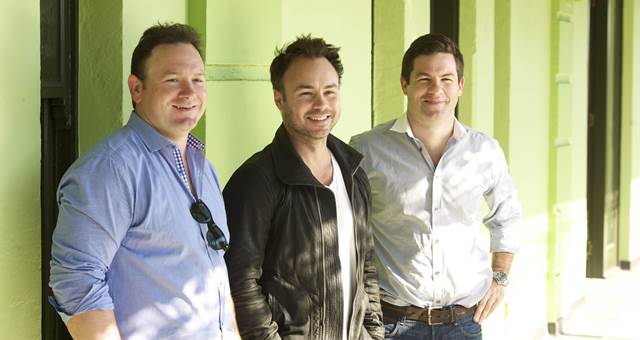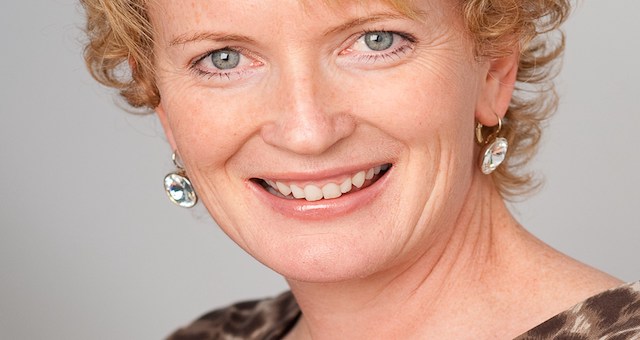
Three Blue Ducks has introduced Sea Fed Beef to its restaurants in Byron Bay and Rosebery, in Sydney, with the red-meat products reducing methane emissions by up to 67 per cent.
The restaurant group is committed to sustainable dining practices, and serving the world’s first low-emissions steak is part of its effort to reduce the food industry’s negative impact on the health of the planet.
Three Blue Ducks has partnered with Sea Forest to introduce Sea Fed Beef, the pioneering, low-emissions, grass-fed Black Angus beef.
By utilising Sea Forest’s innovative seaweed-based supplement, SeaFeed, the restaurant group is helping to mitigate the environmental impact of livestock farming while delivering high-quality steak to diners.
“At Three Blue Ducks, we believe amazing food can be good for the planet, which is why we’re excited to serve the world’s first low-emissions steak,” says Darren Robertson, co-founder of Three Blue Ducks.
“With Sea Fed Beef, we’re not just offering diners a quality product, we’re helping tackle the climate crisis by reducing methane emissions from cattle.
“It’s a win for everyone – farmers, the environment and our customers who can enjoy their steak with a clearer conscience.”
Sea Forest’s SeaFeed is a natural seaweed supplement that is added to cattle feed to reduce methane emissions – a potent greenhouse gas that traps heat in the atmosphere.
The Sea Fed Beef served at Three Blue Ducks is 100 per cent Australian-reared, free-range Black Angus raised on nutrient-rich pastures with no antibiotics or hormones.
“Sea Fed Beef is huge for the global food industry,” says Sam Elsom, CEO of Sea Forest.
“We’re thrilled Three Blue Ducks is leading the way in offering this incredible product, which we hope will soon be found on menus around the world.
“Not only does it deliver the quality and flavour steak lovers crave, it also represents a crucial step towards more sustainable and responsible farming practices.”



